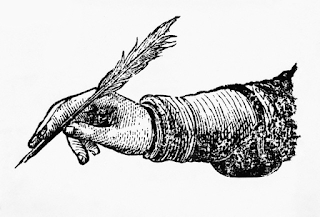National Secular Society ✒ School inspectorate Ofsted has criticised the Catholic Church for forcing a school to cancel a talk by a gay children's author.
In a letter to the John Fisher School in Croydon, Ofsted said the Archdiocese of Southwark's actions had "unnerved and upset many in the school community".
The letter follows a snap inspection of the school in March prompted by the diocese's actions.
Simon James Green, an award-winning children's author, had been invited by school leaders to visit John Fisher School in March to talk about his career.
But the diocese, which oversees the Catholic secondary school for boys, called on leaders to cancel the visit because it fell "outside the scope of what is permissible in a Catholic school".
Its intervention followed a campaign by the website Catholic Truth and an email from the school's chaplain to parents protesting the talk.
The school's governing body voted in favour of the leaders' decision not to cancel the visit. In response, the diocese sacked school governors supportive of Green.
The diocese intended to replace the governing body with an interim executive board (IEB), but Sutton Council found that this did not comply with the law.
The letter follows a snap inspection of the school in March prompted by the diocese's actions.
Simon James Green, an award-winning children's author, had been invited by school leaders to visit John Fisher School in March to talk about his career.
But the diocese, which oversees the Catholic secondary school for boys, called on leaders to cancel the visit because it fell "outside the scope of what is permissible in a Catholic school".
Its intervention followed a campaign by the website Catholic Truth and an email from the school's chaplain to parents protesting the talk.
The school's governing body voted in favour of the leaders' decision not to cancel the visit. In response, the diocese sacked school governors supportive of Green.
The diocese intended to replace the governing body with an interim executive board (IEB), but Sutton Council found that this did not comply with the law.
Continue reading @ National Secular Society.




















